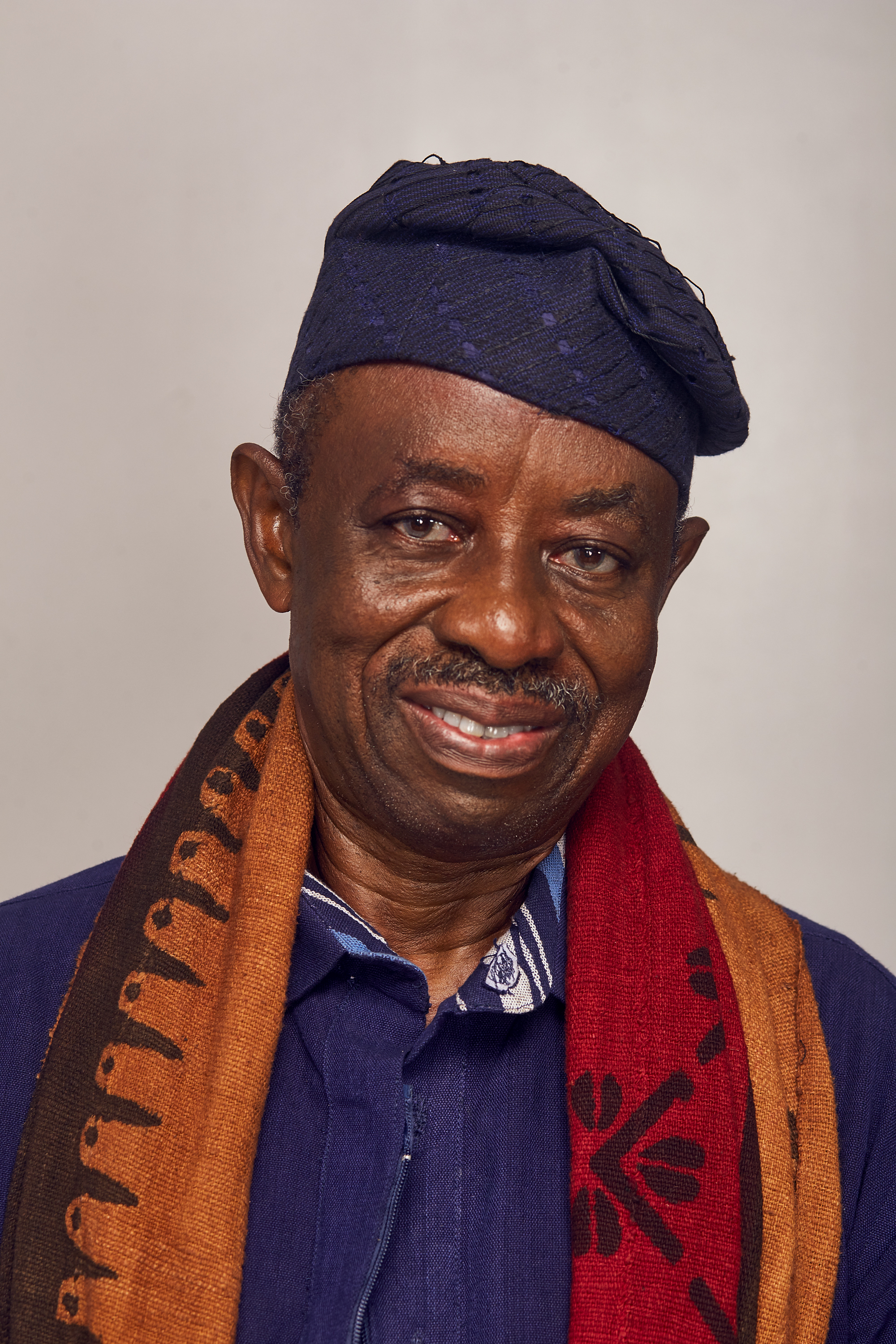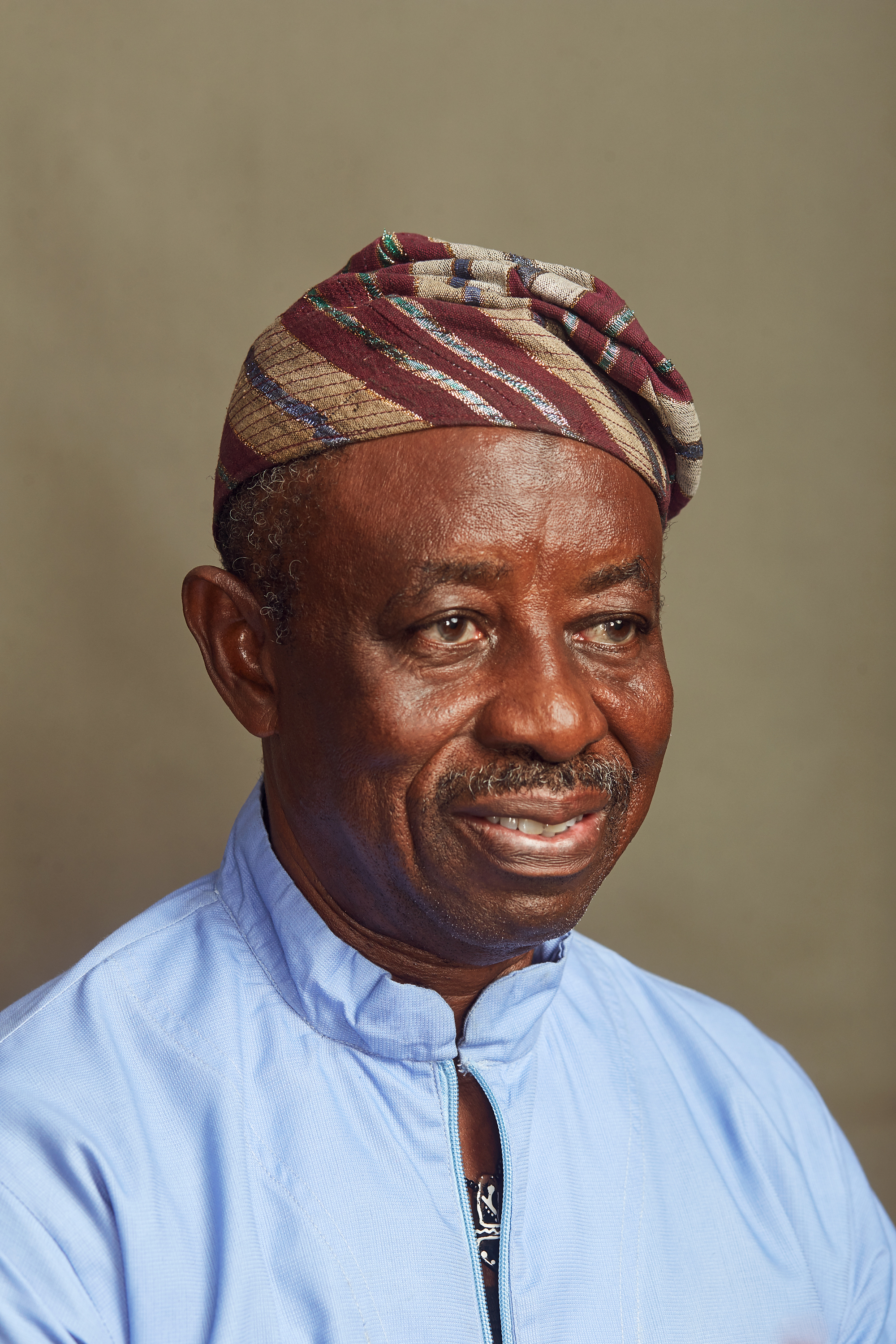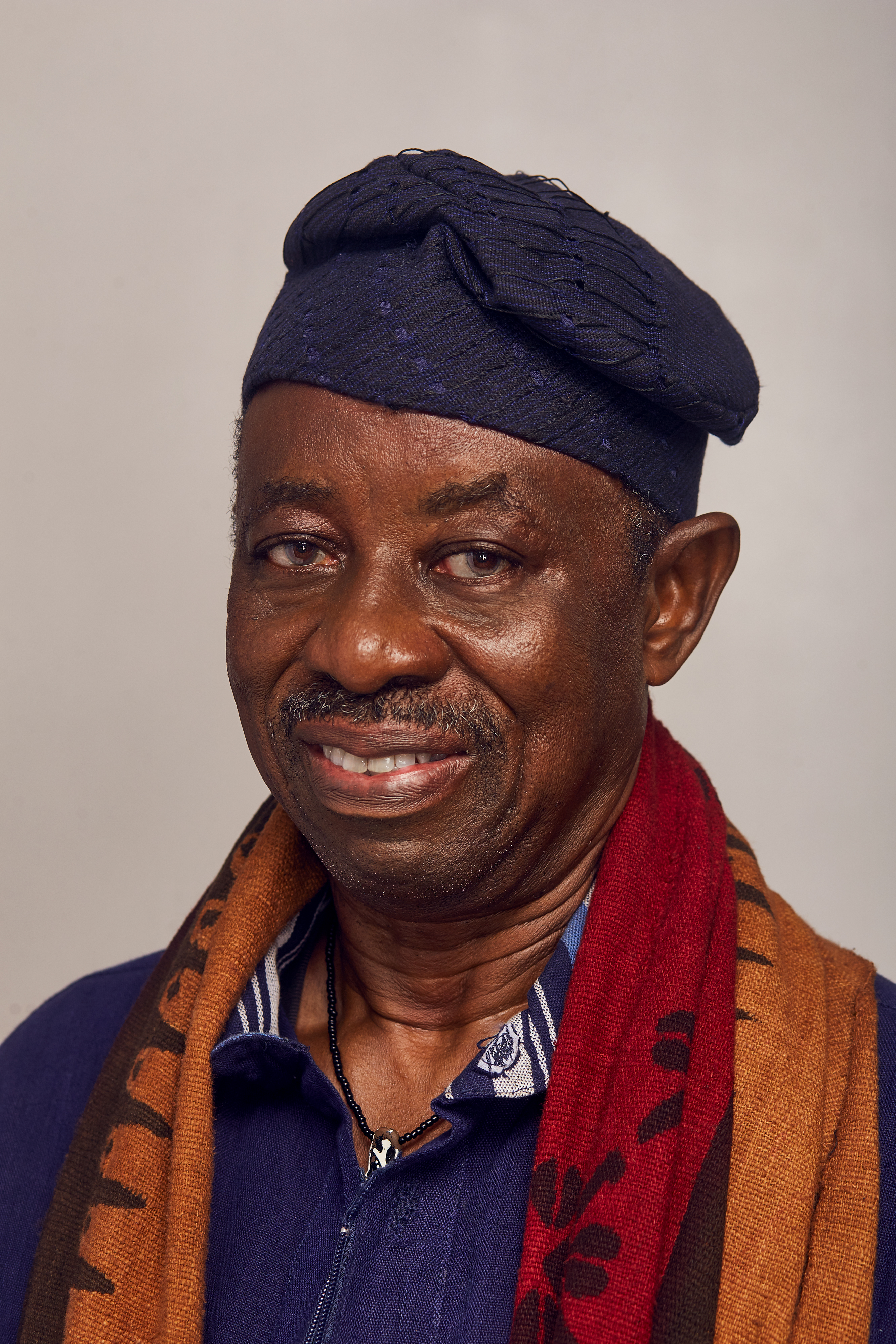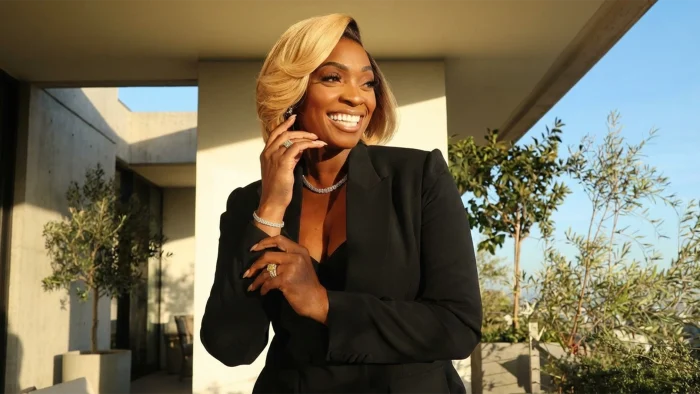An intimidating resume, a litany of national and international recognition, a creative oeuvre bursting at the seams and, when you throw in a humble disposition in spite of age and achievements into the mix, what you get is Tunde Kelani, or TK, a cinematographer whose work has become a benchmark for filmmakers in Nigeria.

But filmmaking was not TK’s first love. He had picked up photography during his last year in primary school in Abeokuta, where he was staying with his grandparents in a large communal compound. By the time he was in secondary school, he had invested a lot in cameras, including a Halina 35x, a single lens reflex camera. The trajectory into filmmaking started when he trained as a cameraman with the Western Nigerian Television (WNTV), the first Nigerian TV station, in 1970 in Ibadan.
[ad]
Sans the two years he spent at the London Film School, where he got a diploma in the art and technique of filmmaking, TK has not taken his eyes off filmmaking. That single-mindedness is reflected in more than a dozen seminal films he has produced, most of which are steeped in Yoruba culture.
In the beginning, there was culture…
TK was born in Lagos, a city that revels in its cosmopolitan glory. However, it was Abeokuta that forged his inclination for making films that speak to the Yoruba culture.
At age five, his parents shipped him to his grandparents’ place in the Ogun State capital. There, while he hobnobbed with other kids in a big compound, he was immediately shocked by the huge difference between the cultures in Lagos and Abeokuta.

“It was a culture shock for me,” he says. “My siblings and I had never seen a live goat before we went to Abeokuta. We almost ran for cover and people were laughing at us.”
[ad]
“Growing up, I witnessed a lot, read a lot, heard a lot. So I had a lot of stories to tell,” he says. “I needed a medium to share my cultural experience and I settled for films as a medium of expression.”
TK’s interface with the culture is not limited to the interactions with the people in his immediate environment. He has been exposed to Yoruba literature classics, including the first five books of D. O. Fagunwa—first known Yoruba novelist—which were birthed in the spirit of Yoruba folklore. Such is his love for Fagunwa’s work that he has started discussing, albeit belatedly, with the late novelist’s estate about adapting them into films. The delay, he says, was due to the absence of the necessary technology and technicians that could recreate the stories as told in that book.
Then, there were people whose knowledge of the Yoruba culture he tapped from. These include Professor Akinwunmi Ishola, Adebayo Faleti, whom he featured in Saworo Ide, and Yoruba theatre legends Hubert Ogunde and Adeyemi ‘Ade Love’ Afolayan. The latter was the father of Kunle Afolayan, who is the lead actor in a couple of TK’s films.
The inclination to appropriate culture has not only become his signature—even evident in the montage of his film production outfit, Mainframe Productions was formed “to document Nigeria’s rich culture”—it also provides the overarching spirit that has made films such as Arugba, Saworo Ide, Agogo Ewo and Ti Oluwa Ni Ile classics.
And for TK, the choice of Yoruba Language as the medium of expression in those films was deliberate. Apart from aiming for a market that has about 40 million Yoruba speakers, he felt the English Language was too inadequate for the peculiar nuances in the films and would be disadvantageous to the dialogue he was having with the Yoruba culture and its people.
…there is technology…
TK is a man who is deeply connected to the norms of old, but very much lives and thrives in the now. In spite of his penchant for oscillating between the two worlds, he is not conflicted. In fact, he believes that the marriage of culture, even in its most pristine form, and technology can only birth good offsprings, especially for content producers who have preservation of culture at the core of their craft. His propensity for the appropriation of the Yoruba culture in his films through the eyes of technology, he says, is a product of that thinking.

More importantly, he sees the potentials the advancement in technology, especially in mobile telephony and social media, has in store for content producers, who by the virtue of such technologies have total control over the creation of their own content.
“The technology that hands over the power to the people to tell their own stories now, I thought that’s more functional in Africa,” he says, adding that “appropriating technology to do what you want to do with the very limited resources available to you” is exciting.
TK insists that the film industry in Nigeria must evolve with the latest technology. This is in spite of him being a victim of the negative things pirates could do with tech. He was hit so badly that he contemplated suicide. For three days, he refused to eat, hoping it would be the end of him. But that did not happen. Then, he decided to see the activities of pirates as a challenge to come up with better sustainable systems of distributing content. That saw him founding an online TV channel, tundekelani.tv.
However, the use of technology is not something to be rushed, he says. He had planned to adapt Fagunwa’s books for films a few years ago, but he thought Nigeria lacked the technology that would enliven the plot and characters in the “picaresque fairy tales containing many folklore elements: spirits, monsters, gods, magic, and witchcraft”.
“What had delayed the film adaptation was that, at a time, I thought we did not have the necessary technology or technicians,” TK says.
[ad]
…and family comes along, reluctantly
Listening to TK talk about his craft, culture and his influences could be absorbing. It was evident he is a master storyteller who knew when to change the tenor of conversation, especially when not interested or willing to discuss a subject. One of such is his wife. Without saying it, he made sure I knew that he would never discuss his wife.
“Let’s make the conversation about the profession,” he says with a tinge of a smile. But then, he is willing to talk about his family from his perspective without mentioning his wife.
A self-confessed “unconventional family man,” TK did not start a family until he was about forty years old. Two reasons, he says, were responsible. First, he needed to get to a point in his career where family pressure would not be a hindrance to his success. Secondly, he had limited finances and had to save heavily to sponsor himself to London Film School.
Saving meant he had to trek from Ebute Metta where he was living then to Broad Street on Lagos Island every day for almost a year.
Eventually, he got married. And when the children started coming, he was never around to witness their births. He confesses that it was selfish of him to not be around the three times his wife put to bed. The lure of and commitment to his art was a priority at the time.
But he is eternally grateful to his family and friends who indulged his “selfishness” when he started out and contributed to his “relative success.”
“I am absolutely grateful and appreciative of the people who are close to me because they must have suffered a lot,” he says. “Without them, I could not have done anything. These are special people that indulged people like us.”
The Future
TK turned 70 in February. But age is not slowing him down. He is kept active, constantly, by a busy schedule which includes running his Mainframe Productions, the online TV channel and facilitating training sessions at Mainframe Film and Media Institute, which he founded two years ago.

He is set to roll out his latest film, Sidi Ilujinle, an adaptation of Wole Soyinka’s The Lion and Jewel (spoiler alert: it is in Yoruba). The adaptation, he says, was prompted by the Nobel Laureate himself. The movie was shot on locations in Ibadan in November 2017.
He is also looking to adapt Amos Tutuola’s Palmwine Drinkard for the stage with the hope of partnering with Bolanle Austen-Peters’ BAP Productions.
Having been plunged into a huge debt by pirates, TK is still upbeat about what the future holds for him. He has a few regrets, but so many other things to be happy about.
“If you look at the profession…totality, the benefits, you will always thank God,” he says.
[ad unit=2]








